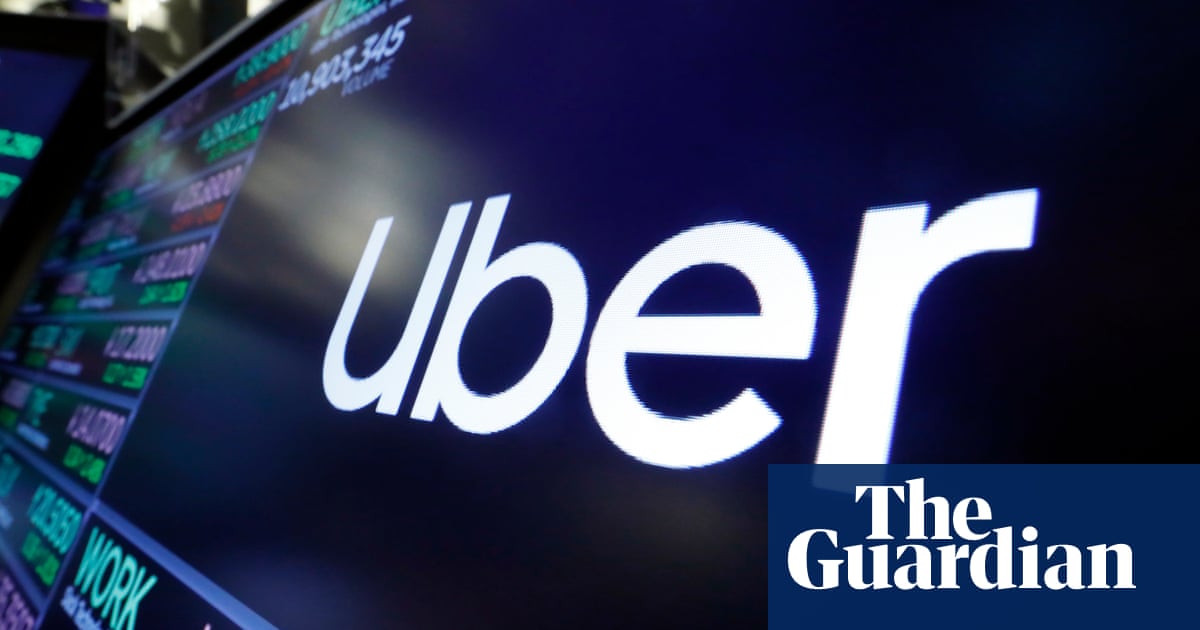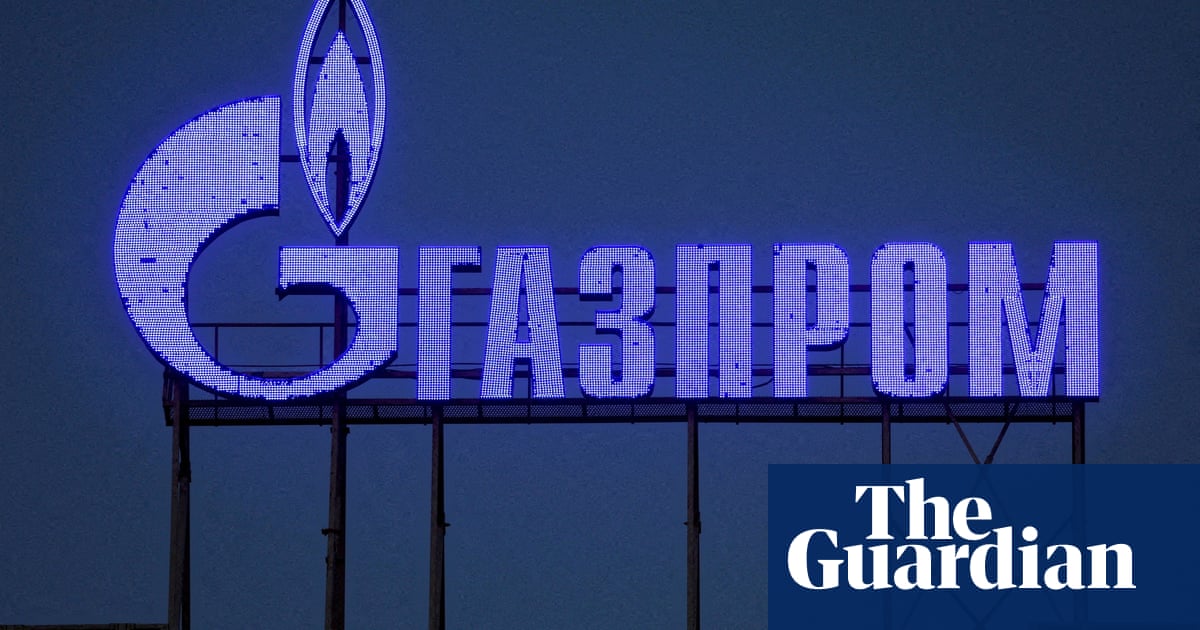
JOHANNESBURG (Reuters) - South Africa’s Nedbank on Wednesday refrained from paying a dividend as its annual profit plunged 56.8%, after the COVID-19 crisis drove up credit impairments and lower interest rates hit revenue.
Just weeks before results, South Africa’s central bank relaxed guidance advising lenders against dividend payments, with investors confident that some would restore payouts but uncertain about others like Nedbank, with a weaker capital position.
Two other South African lenders, Standard Bank and FirstRand, have already returned to dividends, while a third, Absa, held off.
Nedbank CEO Mike Brown said that despite the bank’s “strong capital and liquidity position”, it held off on paying a dividend to retain capital for growth opportunities and account for uncertainty around the pandemic recovery.
“Based on our current forecasts, the group expects to resume dividend payments when reporting interim results in 2021,” he said.
Nedbank’s headline earnings per share (HEPS) - the main profit measure in South Africa - dropped 56.8% to 1,126 cents ($0.7565) in the year to Dec. 31. It was at the upper end of its forecast range and compared with 2,605 cents a year earlier.
The bank also set new medium-term targets, which it withdrew last year as the coronavirus crisis took hold. It now aims to exceed 2019 levels of HEPS and return on equity - a key measure of bank profitability - and reduce its cost-to-income ratio to below 54% by 2023.
HEPS for the first six months of 2021 would likely increase by more than 20% on the 438 cents it reported in the first half last year, Nedbank said.
($1=14.8846 rand)











